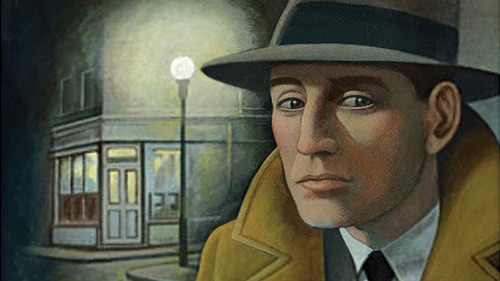| McKinsey Classics | April 2017 |
 |
| How distortions and cognitive biases undermine decision making |
| Chief executives must often base big decisions on trust in other executives, but when the interests of certain people aren’t aligned with those of the organization, they tend to look out for themselves. Companies know about this problem, though few realize that it often combines with cognitive biases to form intertwined, far-reaching patterns of distortion and deception. Behavioral economics teaches us that decision making can succumb to universal human weaknesses, such as overconfidence, loss aversion, the champion bias, and “sunflower management.” To learn how to recognize and control them, read “Distortions and deceptions in strategic decisions,” a true McKinsey classic. |
|
|
|
|
|
|
| Did you miss our previous McKinsey Classics? |
|
| The problem with TRS |
| The US stock market has been testing record highs. But do short-term share prices and total returns to shareholders (TRS) truly reflect a company’s long-term prospects? To find out, read the classic article “Measuring stock market performance.” |
| What’s the problem with TRS? → |
|
|
|
| McKinsey Insights - Get our latest thinking on your iPhone, iPad, or Android device. |
|
|
|
|
| Copyright © 2017 | McKinsey & Company, 55 East 52nd Street, New York, New York 10022 |
|
|
|
|